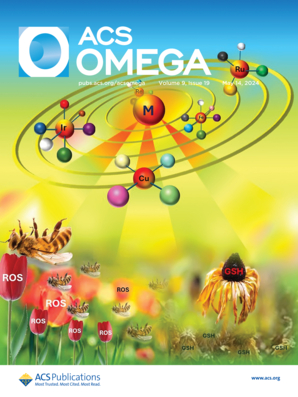Choline Chloride Induces Growth Performance of Indian Major Carps and Air-Breathing Fish Species with an Outcome of Quality Food-Fish under a Semi-Intensive Culture System: A Biochemical Investigation
Abstract
The present study was intended to determine the possible influences of direct field application of choline chloride into pond water in addition to farm-made-aqua-feed under a semi-intensive culture system on the growth and biochemical parameters of two Indian major carps (IMCs), Catla catla (Catla) and Labeo rohita (Rahu), and two air-breathing species, Clarias batrachus (Magur) and Anabas testudineus (Koi), cultured in a ratio of 2:5:1:1 (Catla/Rahu/Magur/Koi) in three experimental ponds for a period of 90 days during the breeding season (June to August). Results were compared with control (C: fed only with farm-made-aqua-feed) and treatment (T: P1 and P2: farm-made-aqua-feed plus choline chloride into pond water directly at the rate of 350 g bigha–1 fortnightly or 350 g per 1600 square meter fortnightly). A significant increasing trend was observed in the growth parameters including total length-final (TLF), standard length-final (SLF), mean weight-final (MWF), % gain of mean total length (MTL), % gain of mean standard length (MSL), % weight gain (WG), specific growth rate (SGR) % per day, and survivability %. However, a reverse pattern was noticed in the food conversion ratio (FCR) both in IMCs and air-breathing fish species under choline supplementation. Serum biochemical responses, e.g., total protein (PRO), lactate dehydrogenase (LDH), glucose (GLU), and calcium (Ca) showed significant enhancement, and alkaline phosphatase (ALP), alanine amino transaminase (ALT), aspartate amino transaminase (AST), cholesterol (CHOLES), and triglycerides (Trig) showed gradual significant reduction during the breeding season under choline exposure. Treated fishes showed prevention from liver dysfunction and fatty liver formation, and increased body crude protein content. Results indicated favorable growth and yield, which may benefit fish farmers during their culture practices, and the output fish species under choline supplementation resulted in quality food-fish for human consumption.





